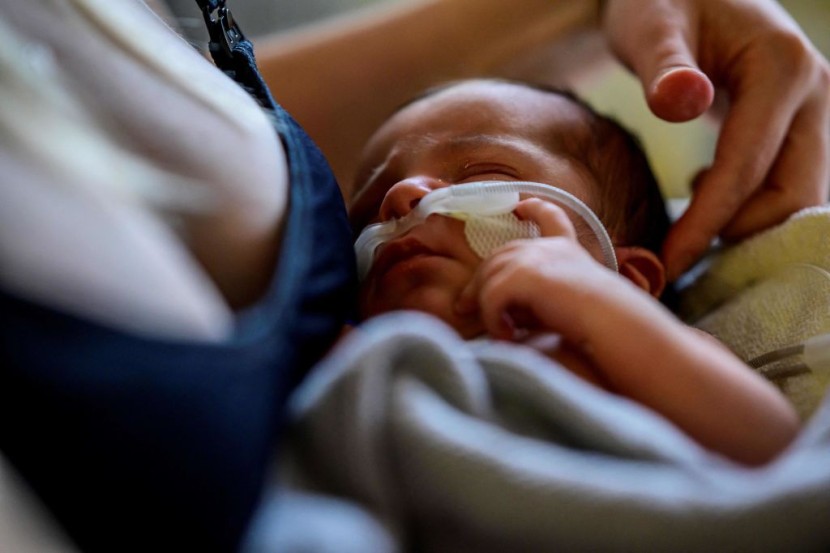
- Canada faces a skyrocketing number of syphilis cases in babies
- Babies born who are found to have congenital syphilis are at risk of developing low birth weight, bone malformations, and various sensory difficulties
- The number of cases of babies born with the infection rose to 26 per 100,000 in 2021 from 2 per 100,000 in 2017
Canada's healthcare infrastructure is struggling to address the skyrocketing number of syphilis cases in babies, which is believed to be driven by increased methamphetamine use and indigenous people's lack of access to the public health system.
While sexually transmitted infection (STI) has suddenly reappeared worldwide and rapidly expanded in the last five years, Canada is an outlier among wealthy nations regarding the numbers. Authorities have observed a 13-fold increase in the previous five years, and the incident of babies born with syphilis reached 26 out of every 100,000 live births in 2021.
Rise of Syphilis Cases in Babies
Based on preliminary government data, the total number is expected to rise even further in 2022. Babies born and found to be infected with congenital syphilis are placed at higher risk of low birth weight, bone malformations, and various sensory difficulties, said the World Health Organization (WHO), as per Reuters.
The infection, when it comes to pregnancy, is the second-leading cause of stillbirth in the world, said the WHO. However, congenital syphilis is relatively easy to prevent if an infected person can access penicillin during their pregnancy.
Only the United States, among the G7 group of wealthier nations for which data is available, had a higher incidence of syphilis at birth, at 74 per 100,000 live births in 2021. That number was triple that observed in 2017, based on data from the U.S. Centers for Disease Control and Prevention (CDC).
Preliminary CDC data also showed 2,677 cases of congenital syphilis in the U.S. in 2021 in a population of roughly 332 million. On the other hand, Canada found 96 cases for a population of 38 million in its territory, said Health Canada.
Public health researchers argued that people who are facing the struggles of poverty, homelessness, and drug use, along with the people who do not have access to the country's health system, are more at risk of contracting the infection through unsafe sex and passing it onto their babies, according to CBC.
Access to Canada's Healthcare System
In a statement, Teodora Elvira Wi, who works in the WHO's HIV, hepatitis, and sexually transmitted infection program, said that there are pockets of disadvantaged populations in high-income countries. She added that it was a market of inequality and low-quality prenatal care.
Another factor that sets Canada apart from other wealthy nations is that the country's indigenous populations are suffering from discrimination and poor to no access to health and social services, said a scientist with the Li Ka Shing Knowledge Institute at St. Michael's Hospital in Toronto, Sean Rourke.
Canadian authorities are now trying to address the issue by granting authorization to in-vitro medical diagnostics provider bioLytical Laboratories for the company's syphilis antibody test. It can identify both HIV-1/2 and syphilis antibodies from one sample that is gathered using a simple finger prick method.
It seeks to allow healthcare professionals to provide testing for syphilis in different environments. It offers more flexible options for individuals who face difficulties accessing the country's healthcare system, said Medical Device Network.
Related Article: Mysterious 2022 Hepatitis Spread Investigation Update








